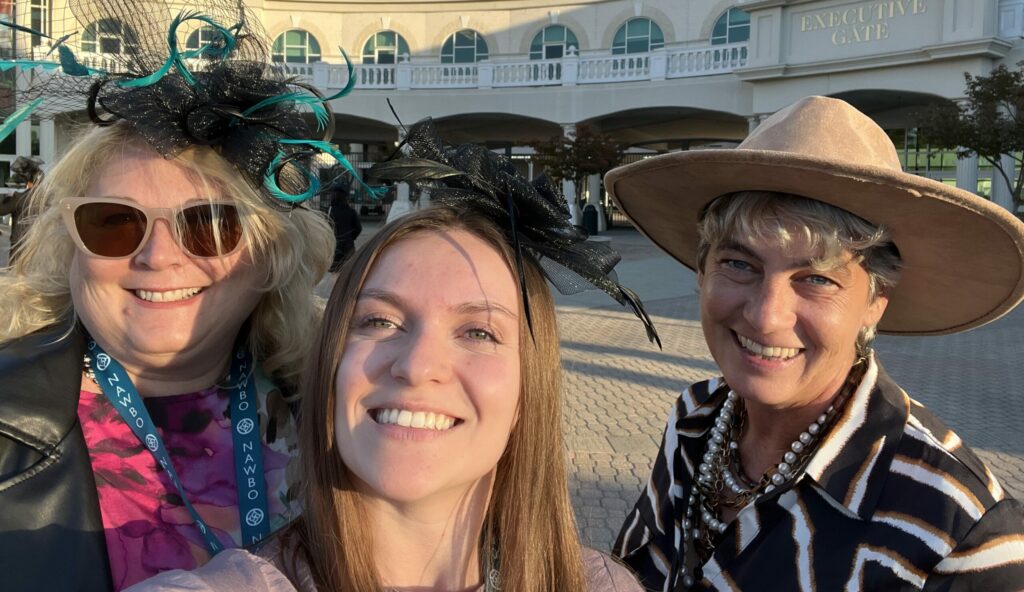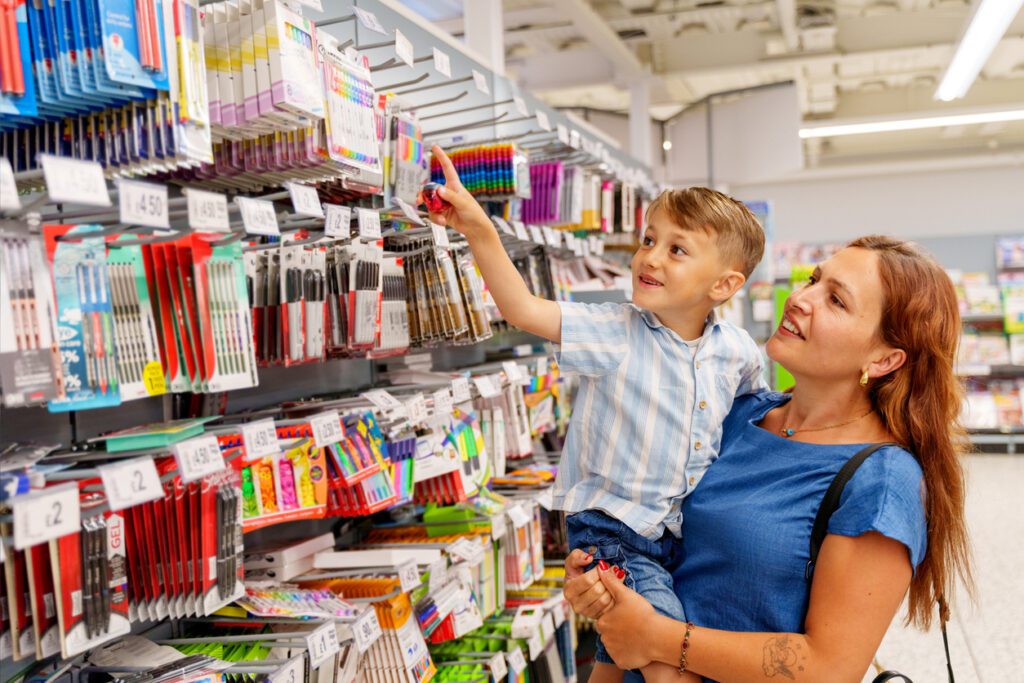As we move farther away from the start of the pandemic, we can begin to see all of the unexpected effects. One of the greatest changes has been the perceived decline in soft skills like self confidence, conflict resolution and academic persistence (often referred to as motivation). The social and academic isolation caused by the pandemic took away important opportunities for students (and adults) to practice their social skills in face to face situations. As a result, many students’ social skills have become rusty. However, all hope is not lost! Young people are smart, resilient, and when they feel strongly about something they will work hard for it.
All youth are motivated, even the ones who are motivated to do nothing. Our job is to figure out how to direct and sometimes redirect their motivation."
Jim Still-Pepper, Director of Community-Based Clinical Services at Allwell Behavioral Health Center in Zanesville, Ohio
Educators and out-of-school time professionals regularly state that the practices which previously had a high success rate, now have little to no success. Collectively, they tell us they are feeling overwhelmed and defeated. Overcoming this challenge of the pandemic takes a new way of thinking, teaching, and communicating with young people. Now more than ever, social emotional learning (SEL) must be prioritized at the same level of importance as academic instruction. Learning is a social process that involves collaboration, communication, and support among students, their peers, teachers, and families. We must help young people build (or rebuild) healthy social practices with their teachers and their peers again before we can expect academic success.
YouthThruthSurvey.org took over 10,000 comments left by high school students that were surveyed in October and November of 2021. When asked about their social life and friends, many students spoke up about feeling lonely, struggling to converse with their peers, and wishing for more chances to interact with people. One student said “I felt a bit lonely during school last year… I know that sitting next to good friends would probably lower productivity as people talk, but I would feel a lot more excited going to school” Another student said “I see a lot of people by themselves and I want to go up to them and be friends with them but I have nothing to converse about.” The comments are very powerful and give great insight into how young people are really feeling.
SEL skills help us gain empathy for our peers, understand our own emotions, and the emotions of those around us (njea.org). Our school and out-of-school partners share that with busy days, packed academic schedules, and too little time, it is hard to find SEL practices appropriate for the youth they serve. So the EnvisionEdPlus team compiled a list of ways to help you continue moving your students forward. Together we can learn, grow, and welcome change for a better future.
- Give opportunities for students and teachers to get to know each other again. SEL strategies like circles can create a safe area for community building. – Dr. Thomie Timmons
- Give students opportunities to engage content in an authentic way that lets them explore academic competencies. Deeper learning experiences like problem based learning connected to community partners in instruction to solve real world problems. – Dr. Thomie Timmons
- Check ins and check outs are a great way to understand how students and the class as a whole felt about the content and how the class went for the day. For younger students, this has been shown to be a great way to help them avoid problematic behavior and it adds supportive structure to their day. – k12engagement.unl.edu
- Give students time to brainstorm ways they can motivate themselves. Instead of trying to pinpoint what motivates each student, just ask them. – Casel.org
- Promote the idea of growing and changing. For many youth, they don’t have the life experience to understand that where they are now isn’t where they will be forever. By encouraging the idea of change you can foster a growth mindset and allow them to become motivated by change. – nbpts.org
With so many personalities, backgrounds, and goals within one classroom it can be hard to encourage everyone at once. But being affable and trusting to the youth you work with is the first step in being supportive along their way to success.




